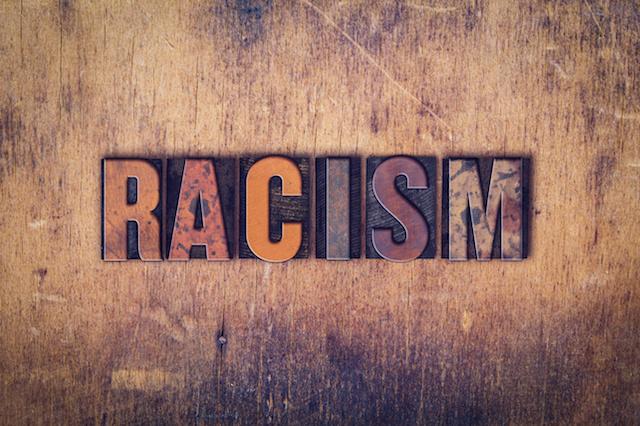Growing up in Niverville in the 60s and 70s, Mennonite families were the majority people group. Some of the Mennonite families were immigrants from Paraguay who had made Niverville their home. Often their children were called “Prugs” and they were harassed because of the old-fashioned hand-me-down clothes they wore to school. Many were not able to speak English, since their first language was Low German. My own family returned to Manitoba after spending almost six years in Paraguay shortly after my birth.
Niverville was also home to families of English descent. In school, we were all together, but on Sunday we were separated, attending either a Mennonite church or the United Church. I can recall at least three or four Mennonite churches and only one United Church. I didn’t question why there were so many Mennonite churches and one United Church. Now I can surmise that the Mennonites simply started a new church if they disagreed with the previous one.
As an evangelical Christian, I was pretty vocal in discussing what I felt constituted being a born-again Christian. In my arrogance, I clearly did not accept any other version of salvation but my own. My faith tradition was often fixated on what we didn’t do; drinking alcohol, going to socials, and smoking were all signs of the unsaved. My English friends were gracious.
Fast forward through the passage of many years living in the U.S. and observing the attitudes of my white evangelical peers regarding racism and discrimination in the African American community. The common view goes like this: “Well, it’s much better for them than it used to be.” Regarding the large population of incarcerated African Americans, people say, “Well, they wouldn’t be in jail if they didn’t sell drugs.” To the suggestion that we live lives of white privilege, the reply is, “I have problems too.” To the formation of the Black Lives Matter movement, my peers might say, “All lives matter.”
These pat answers to differences and problems were my pat answers as well. However, 18 months of classes in which the majority of my classmates were African American gave me a glimpse into what being a minority, marginalized group in America feels like on a daily basis.
Recently at a Bible study dinner with my evangelical peers, I made the comment, “I think we are all a little racist.” One of my friends angrily yelled, “I’m not racist!” And no one disagreed with him or asked me what I meant.
A week later, I was at a meeting regarding racism at the Unitarian Church. Unitarians would definitely fit my previous definition of not born-again Christians. Before the speaker started, the Unitarian pastor said to his parishioners, “Let’s take a minute to look into our hearts at our own racism.” He was assuming that racism lives in all hearts.
The contrast between these two incidents has been seared into my consciousness, causing me to take a deep look inside my own heart. It took me back to high school in Niverville and my own pride and feelings of superiority compared to those who believed and lived their faith differently than I did.
This leads me to offer a humble apology to my friends from yesteryear in Niverville. If your last name was Wallace, Stott, Limpright, or Muir, I want to say I’m sorry. Although our discussions were not overtly adversarial, my heart held pride and arrogance.
Today, I see the world very differently. Enjoying alcohol, dancing, and partying are some of the great pleasures of my life. All those English neighbours of ours in Niverville must now wonder if God changed his mind about these activities in the last decade. My faith, and working it out, is still vital in my life. Dialoguing with people who see faith and life differently than I remains a passion of mine, but I respect their journey—whatever it may look like.


